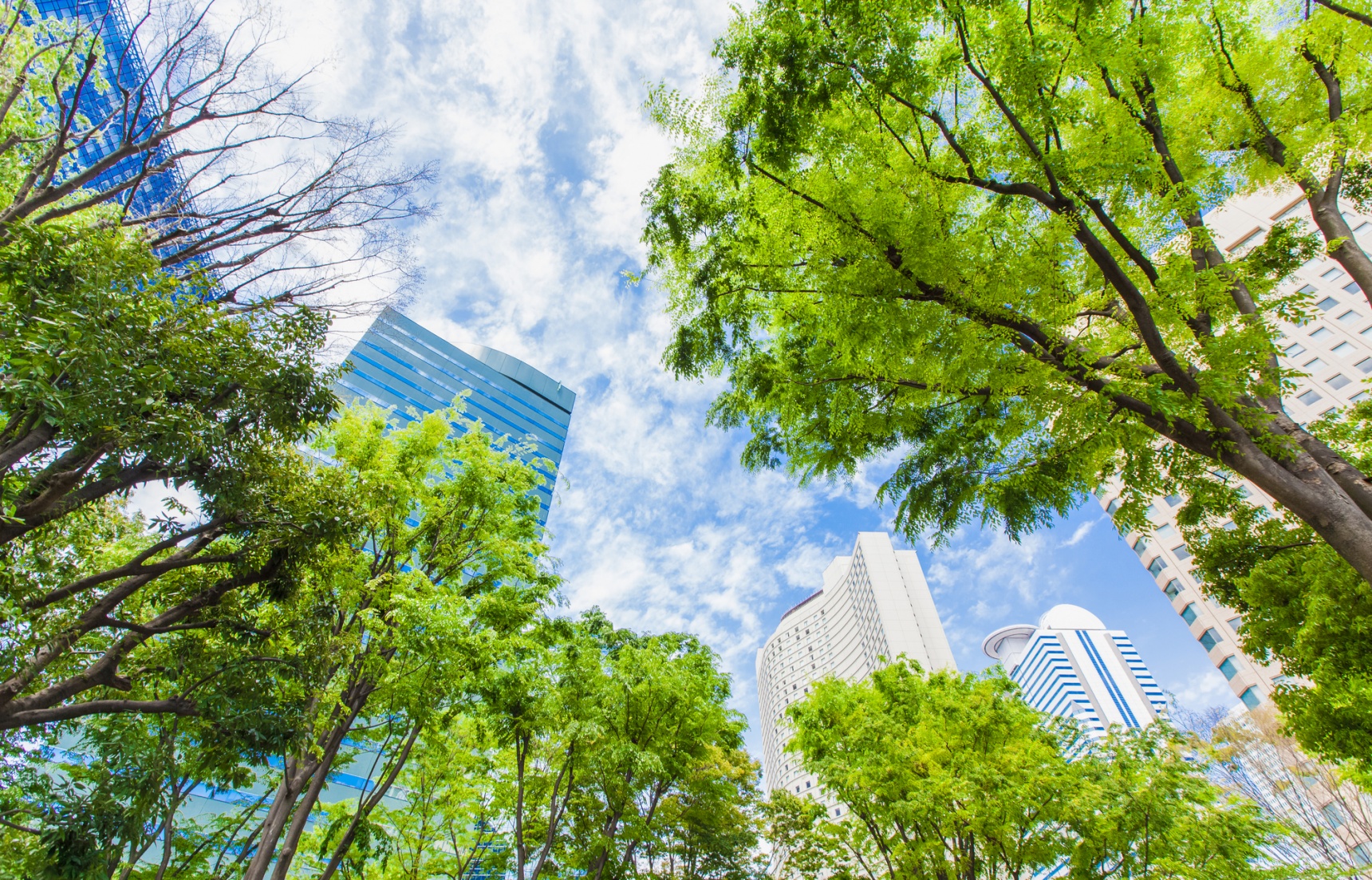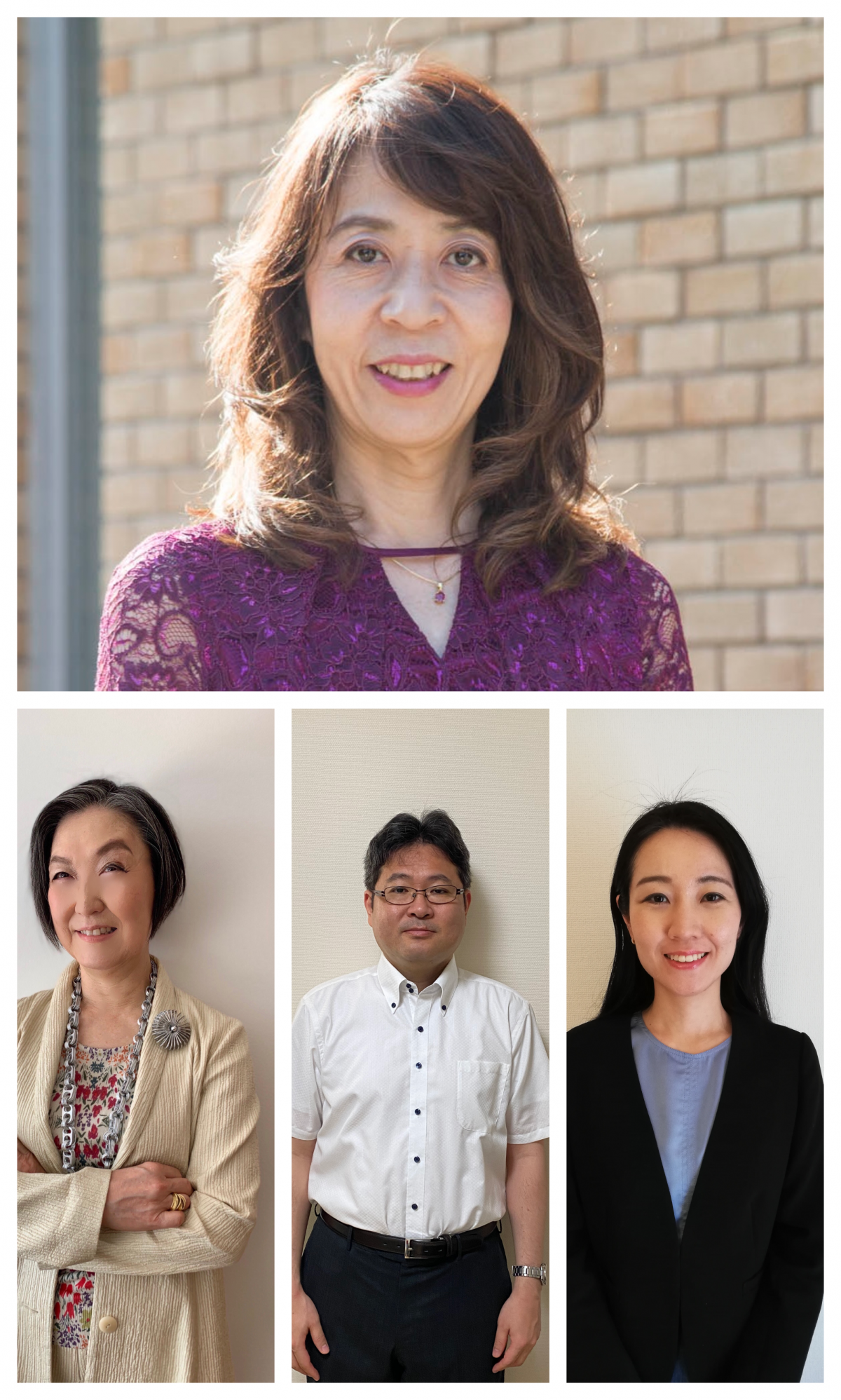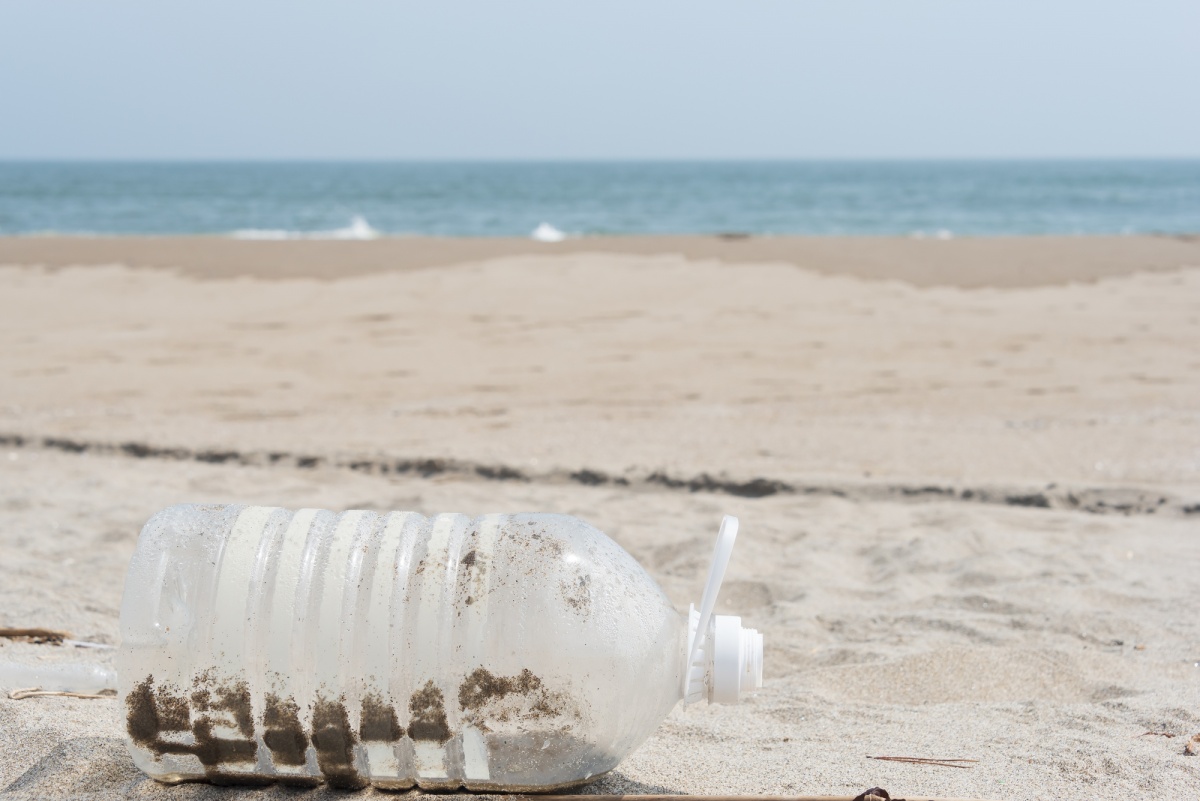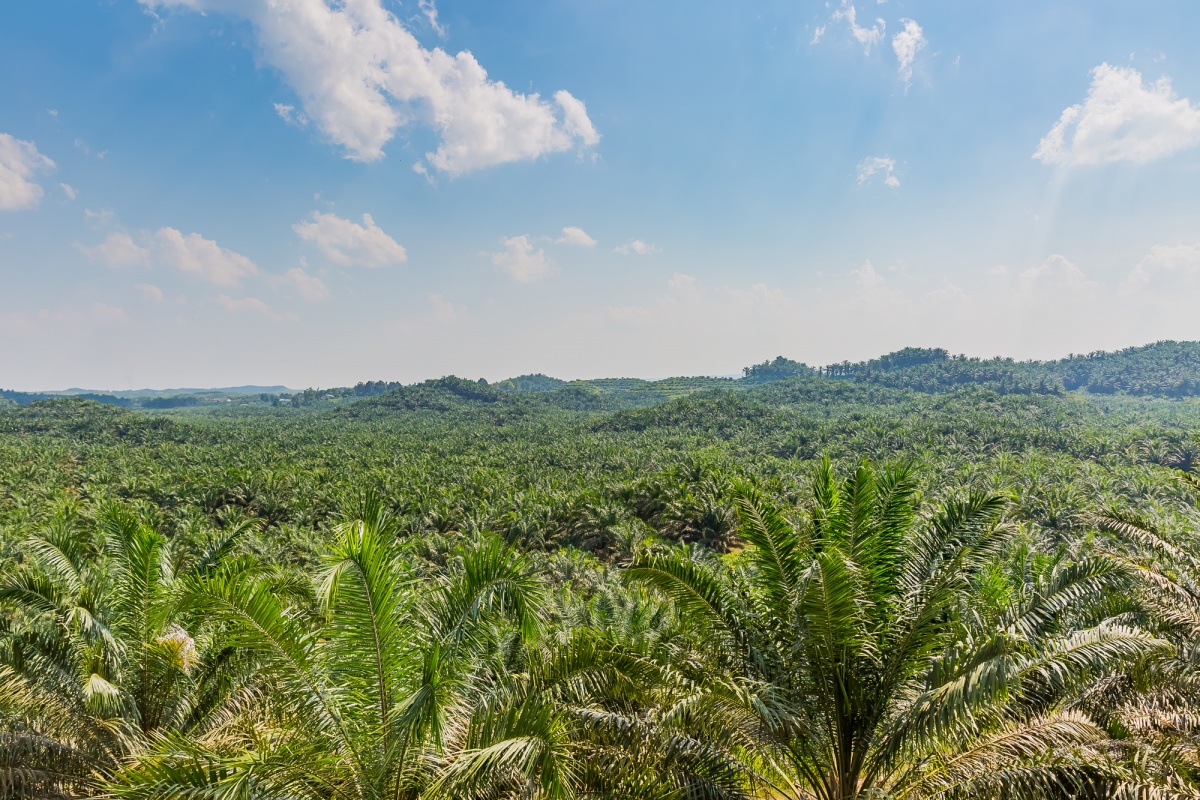A 10-Year Challenge to Achieve Sustainability

The Sustainable Development Goals, or SDGs, are a set of 17 goals adopted by the UN in 2015 that are meant to be achieved by 2030. They range from issues of hunger and poverty to gender equality, innovation, and sustainable communities. In recent years, SDGs have been attracting increased attention among the Japanese business community.
By Collective Action JapanWhy SDGs are Important to Business

According to Mari Yoshitaka, Principal Sustainability Strategist at Mitsubishi UFJ Research and Consulting, many companies are realizing that how they communicate their value and the significance of their business is important to their investors, financial institutions, and other stakeholders.
“After the collapse of Lehman Brothers in 2008,” Yoshitaka says, “investors began to shift from investing in companies based on their pursuit of short-term profits to companies with a more medium-to long-term perspective.” This helps prepare for risks that are difficult to predict, such as climate change and pandemics.
The Principles for Responsible Investment (PRI) that were adopted by the UN in 2006 serve as a guide for this shift. They call for evaluating corporate value based on non-financial information—such as environmental and social issues as well as corporate governance. Investment based on this information is called "ESG investment," and is now being promoted by many global financial institutions that have signed the PRI.
The SDGs can be used as indicators to evaluate companies based on ESG. Companies are attempting to increase their corporate value by developing core businesses that will help solve social issues in time for 2030, the target date for the SDGs.
Areas for Improvement in Japan's SDG Progress

While Japan has made efforts to achieve the SDGs over the past few years, more progress is needed if the 2030 target is to be met. Japan ranks 17th among 166 countries in the global ranking of SDGs, according to the 2020 edition of the annual Sustainable Development Report produced by the Sustainable Development Solutions Network (SDSN) and the Bertelsmann Foundation.
The report lists five SDGs that Japan must do more to achieve, all of them included in the medium to long-term national SDG strategy: Achieve gender equality (Goal 5); Take urgent action to combat climate change (13); Conserve and sustainably use the oceans (14); Protect, restore and promote sustainable use of the land (15); and Strengthen the means of implementation (17).
Mitsubishi UFJ’s Yoshitaka stresses, however, that the Sustainable Development Report is not an absolute evaluation. “Each country has particular circumstances, and depending on the criteria, the evaluation can change drastically. We should not be influenced by the rankings, but focused on what we are doing. That will be a solid step toward achieving the SDGs,” she says.
Rather than relying only on government funding, private sector financing is essential to meet the deadline, now only 10 years away. Japan is experiencing an expansion of financial services such as sustainable financing and insurance in addition to ESG investment.
Promoting Sustainability

The Fuji Oil Group, an Osaka-based food manufacturer founded in 1950, is one of an increasing number of Japanese companies that are promoting ESG management and achieving results. The company develops and manufactures a variety of food ingredients using palm, cacao, and soybeans as its main raw materials, and sells them to food manufacturers, restaurants, convenience stores, and retailers.
According to Akiko Masuda of the CSR team, the Group has been undertaking a number of initiatives for sustainable procurement and reduction of food loss. These include seeking the sustainable procurement of palm oil, which calls for improving traceability to mills, plantations, and the supply chain. “By fiscal 2019,” Masuda says, “we achieved 100 percent traceability with regard to oil mills. As a matter of policy, we do not now use any main raw materials procured through sources that contribute to the destruction of the environment or harsh labor conditions in countries such as Malaysia and Indonesia.”
Ensuring the sustainability of raw materials is an important mission for the Group, particularly given its status as a B2B food ingredients manufacturer, says Mariko Kawaguchi, Executive Advisor to CEO of the Fuji Oil Group. Sustainability issues in the procurement of palm and cacao, such as deforestation and human rights violations, not only threaten its business model, but can also harm its relations with stakeholders. “We have to quickly resolve those sorts of issues if we are to build good relationships with investors and companies, especially in Europe and the United States,” she says.
Reducing Food Loss in Manufacturing

The CSR team’s Masuda says the Group’s R&D department is playing a central role in activities to help reduce food loss, including a suggestion of our products for utilizing unsold surplus food, such as reprocessing surplus fresh baked bread into dressed bread. The company also found ways to reduce food loss in the manufacturing process. Rethinking equipment design and production control manuals has helped to prevent glitches and mix-ups that result in the disposal of otherwise good products.
Staff also discovered an up-cycling method that avoids wasting raw materials. Defatted soybeans, typically discarded after being pressed to make oil, were found to contain large amounts of nutrient-rich protein, and the Fuji Oil Group subsequently pioneered the development of soy protein as a meat substitute, a recent growth market.
Consumer Participation in Food Loss Reduction
Consumer awareness and participation must be part of the equation if a significant impact can be made in reducing food loss. Yoshiaki Hiramatsu, of the Group’s ESG Management Group, says that for individuals, focusing on food sustainability requires a willingness to learn about issues such as food resource conservation and considering more than a product’s cost. “Products that contribute to the achievement of the SDGs tend to be relatively expensive, which makes people in Japan reluctant to buy them,” he says. “But in Europe, a certain segment of the population will purchase those products even if the price is relatively high.”
The difference between these two approaches, Hiramatsu believes, boils down to education, and he is hopeful that consumer behavior in Japan is about to change. “The SDGs are now part of compulsory education in Japan, which is important in raising individual awareness,” he says.
It’s also important for consumers to think about how much food they really need and intend to use. Kawaguchi points out that while buying in bulk may seem economical, “You will lose money if you don't use all of the product and end up throwing it away.” Some consumers may throw away food simply because it is past its best-before date, even though it still can be eaten
Beyond the monetary value, however, Kawaguchi hopes consumers remember the essence of food. “Food comes from living things,” she says, “and when you consume it, you are, in a sense, giving life to it.” Remembering that food was a living organism lies at the heart of the Japanese word itadakimasu, (roughly meaning “I am grateful to receive this food”) which is said before meals.
Check out the following articles for more information on SDGs in Japan
Collective Impact: STOP! Food Loss & Waste
From Rubbish to Resource: Recycling Food
Home Appliances Can Help Prevent Food Loss
Innovative Businesses are Battling Food Loss




